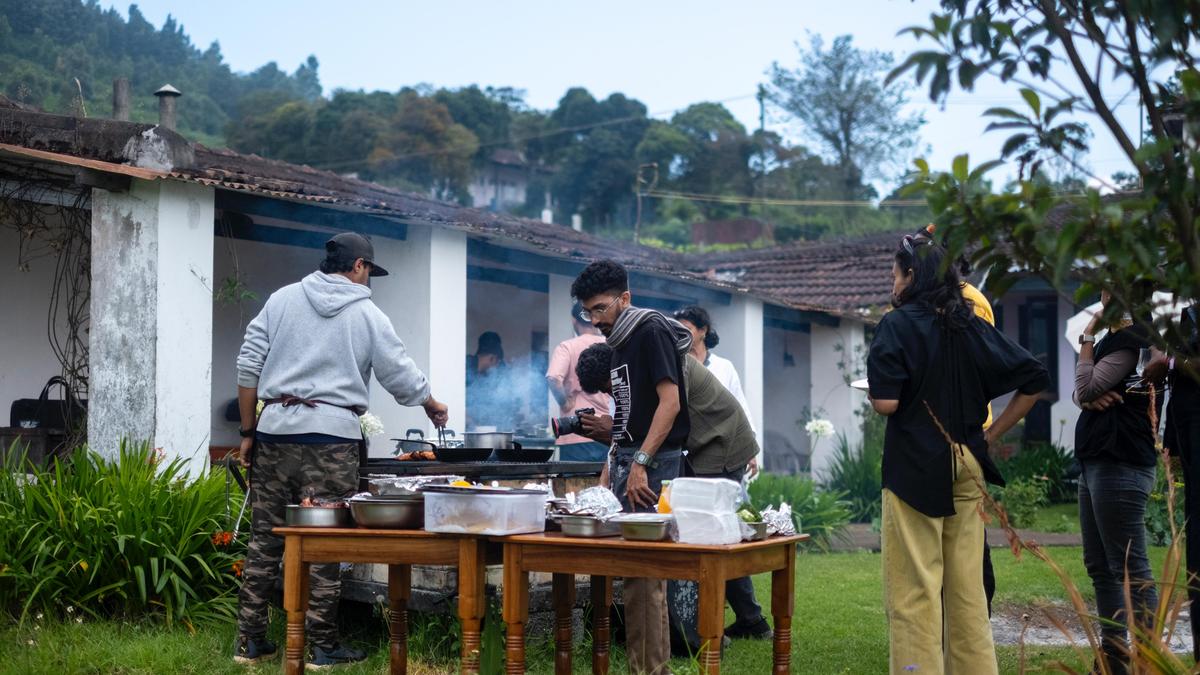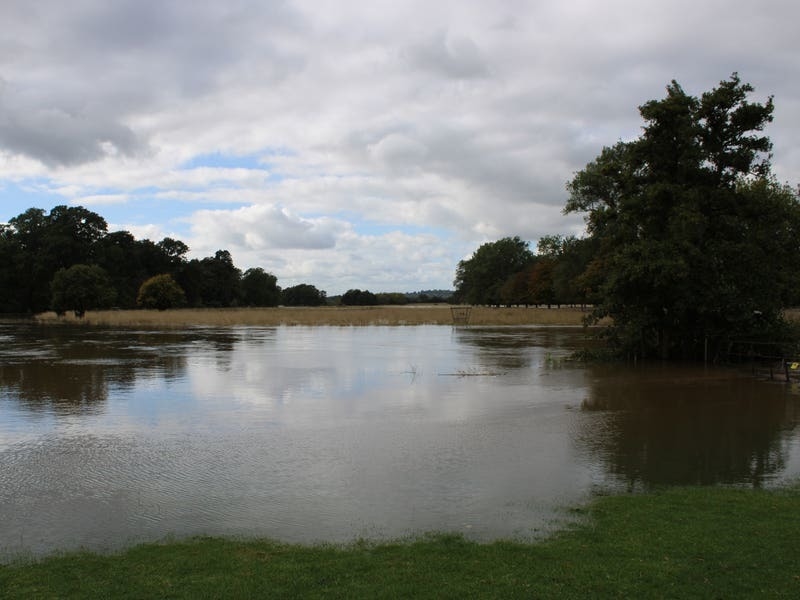
When it comes to conservation messaging, two distinct approaches often emerge. The first is a celebration — showcasing the planet’s wonders, like the comforting bird songs at dawn or the life-giving shade of an ancient forest. It gently reminds us of what stands to be lost.
The second approach, stark and urgent, holds up a mirror to humanity’s ecological footprint. It confronts us with polluted rivers, vanishing species, and the smog-filled skies of our own making. The Nilgiris Earth Festival takes the first approach.

It’s a celebration of the wildlife, food, culture, and community that the Nilgiris Biosphere Reserve offers, balanced with the understanding that it comes with a responsibility to protect it. Spanning over 5,000 square kilometres across Tamil Nadu, Karnataka, and Kerala, the biosphere reserve is home to a network of five national parks and four wildlife sanctuaries teeming with diverse flora and fauna. Organised by The Nilgiris Foundation, an offshoot of Keystone Foundation with three decades of experience in sustainable living, the festival has grown into a space where ecology meets culture.
Now in its third year, this four-day celebration (from December 19 to 22) is as much about the Nilgiris’ food and heritage as it is about sustainability and climate action conversations. Nature walk at the festival | Photo Credit: Special Arrangement Fresh from the farm On the third afternoon of the Nilgiris Earth Festival, we arrive at Kikui Farms in Ooty to experience the flavours of high-elevation organic produce and farm-to-table cooking with organic farmer and chef Vishanth Kumar. He greets us with a fermented Rhubarb Soda kombucha — salmon pink, fizzy, and frothing as it’s poured.
Misty mountains frame the scene, mingling with smoke from barbecue grills manned by Vishanth’s chef friends. The spread is unforgettable: sourdough pizza made with 90% whole grain wheat, live tacos, and a Badaga buffet with kale greens poriyal , gaasu gose (cabbage mashed with potatoes and peas), red rice, thupadhittu (lentil fritters), and berry tarts — all made with produce from Vishanth’s farm. A Badaga farmer by heritage, Vishanth’s family has owned a 150-year-old tea estate since the 1930s.
After working as a chef in the UK, he returned to India to promote organic farming but struggled to change local mindsets. He began growing vegetables commercially, creating veggie boxes, and processing surplus into jams and hot sauces. Today, he has a steadily increasing supply network in Bengaluru.
“The organic movement isn’t just non-chemical farming,” he explains. “It’s about creating living ecosystems, buzzing with insects, critters, and life forms.” Vishanth is one of many changemakers celebrated by the Nilgiris Earth Festival.
By highlighting stories like his, the festival shines a light on individuals redefining sustainable living. The Badaga thali on the festival’s final day | Photo Credit: Special Arrangement Final-day celebrations The final day of the Nilgiris Earth Festival feels like a culmination, a celebration of ideas, community, and the land itself. Talks by Bablu Ganguly of Timbaktu Collective, Arshiya Bose of the Bengaluru-based Black Baza Coffee, and G Sundarrajan of Poovulagin Nanbargal touch on topics close to the heart of this region: climate activism, food sovereignty, and biodiversity.
Bablu reflects on his 45 years working in rural Andhra Pradesh. “The margins create the whole. Without the margins, there’s no centre,” he says.
Arshiya speaks about her work in the coffee landscapes of the Western Ghats, where she partners with smallholder farmers to promote biodiversity-friendly practices. Meanwhile, Sundarrajan shares his experiences of grassroots activism, including his fight against ecologically harmful projects. Sandesh Kadur after the screening of ‘Nilgiris: A Shared Wilderness’ | Photo Credit: Special Arrangement A screening of Nilgiris: A Shared Wilderness , directed by Sandesh Kadur, transports us into the heart of the biosphere.
The film captures how animals like gaur and leopards, and even people, navigate the fragile balance between nature and human encroachment. Stalls dot the venue, offering a glimpse into the region’s essence. There’s wild fig honey from Keystone’s Aadhimalai, handwoven Toda shawls, and organic spices and vegetables from local farmers.
Lunch features a Badaga thali, a feast of red rice, fish curry, Kuthiravali rice venpongal , varaghu biriyani, keerai vadai , and kambu laddoos, served amid blooming yellow flowers. Later, a traditional Badaga dance invites people into a circle that keeps growing, a living metaphor for inclusion and community. Pratim Roy, co-founder of the Keystone Foundation and director of the festival, reflects on its evolution.
“The Nilgiris Earth Festival started as a Wild Food Festival, and now it connects people to the landscape and its challenges. It’s an awareness movement rooted in the community,” he says. He looks at a future where the festival deepens its ties to the land while inviting broader perspectives across India.
As we drive back to Coimbatore, our cab driver shares stories of the wilderness. He recounts how wild animals — bison, elephants, and even a tiger — have occasionally blocked his car. Intrigued, we ask, “Don’t they attack?” He smiles and responds with quiet wisdom, “They never do anything.
It’s us who have encroached on their space. As long as we respect that, they let us be. And we should let them be.
” His words are a poignant reminder that coexistence is not just a concept but a necessity. Published - December 26, 2024 05:22 pm IST Copy link Email Facebook Twitter Telegram LinkedIn WhatsApp Reddit The Hindu MetroPlus / Nilgiris / food / Coimbatore.















